By Ray Bennett
Every year when I was at Ashford Boys Grammar School in Kent, England, there was an event known as Speech Day. All the masters donned their scholastic black robes adorned with the colours of their alma maters and degrees for a formal assembly with lots of speeches and the presentation of school awards. As that never involved me, my only interest in the affair was when school governor John Knatchbull showed up always driving a late-model and very expensive motor car. I knew he was posh with a title and vaguely that he was a descendant of Norton Knatchbull, who founded the school in the year 1610.
I didn’t know then that John Ulick Knatchbull, the 7th Baron Brabourne, was movie producer John Brabourne – born on this day 100 years ago – who had made two pictures I enjoyed. His first, in 1958, was ‘Harry Black’ starring Stewart Granger as a hunter of man-eating tigers in India followed in 1960 by the exciting war film ‘Sink the Bismarck!’. Had I known then, I would have paid more attention. Almost 25 years later, I finally met him to talk about his production of a film version of E.M. Forster’s ’A Passage to India’ directed by David Lean.
When we met in his office in London, the first thing I told him was that I was an Old Ashfordian, as students who attended the grammar school were called. He asked about my life and when I told him about my career and love of movies he said I should have gone to see him when I was younger. If only I’d known. His films included ‘H.M.S. Defiant’ and two adaptations of Shakespeare’s plays — Othello’ starring Laurence Olivier and Franco Zeffirelli’s ‘Romeo and Juliet’ starring Olivia Hussey and Leonard Whiting. He had great success with films starring Peter Ustinov as Agatha Christie’s Hercule Poirot – ‘Death On the Nile’ and ‘Evil Under the Sun’.
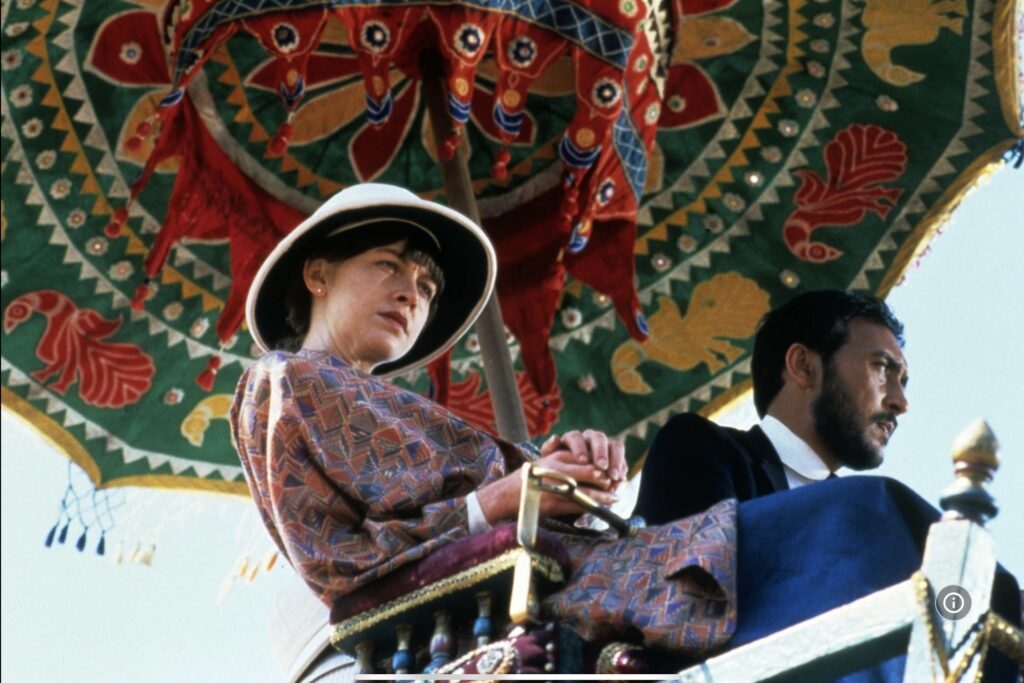 I was eager to hear about legendary director Lean. ‘A Passage to India’ marked his return to the big screen at seventy-six after a long absence since ‘Ryan’s Daughter’ in 1970. Lean entered the film business in 1927 and spent many years as an editor before co-directing ‘In Which We Serve’ with Noel Coward. From ‘Brief Encounter’, ‘Great Expectations’ and ‘Oliver Twist’ to ‘The Bridge on the River Kwai’, ‘Lawrence of Arabia’ and ‘Doctor Zhivago’, his films enthralled millions and won innumerable awards.
I was eager to hear about legendary director Lean. ‘A Passage to India’ marked his return to the big screen at seventy-six after a long absence since ‘Ryan’s Daughter’ in 1970. Lean entered the film business in 1927 and spent many years as an editor before co-directing ‘In Which We Serve’ with Noel Coward. From ‘Brief Encounter’, ‘Great Expectations’ and ‘Oliver Twist’ to ‘The Bridge on the River Kwai’, ‘Lawrence of Arabia’ and ‘Doctor Zhivago’, his films enthralled millions and won innumerable awards.
Brabourne said he was the obvious choice to direct ‘A Passage to India’ because he was ‘simply the best movie storyteller who ever lived’. The producer told me he first read ‘A Passage to India’ in 1958 on a five-day journey to the location set of ‘Harry Black’ at the Bandipur Tiger Reserve in southwest India: ‘I thought it was the most wonderful book and I decided then that it would make a wonderful film.’ To his dismay, he discovered that Forster had always denied film rights to his novel in fear that his 1924 story of cultural clashes in British India would take sides and brand either the British or the Indians as villains.
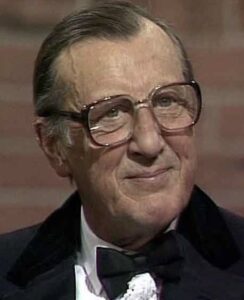 Brabourne attempted to change the author’s mind over several years and finally won him over partly because Forster had enjoyed ‘Harry Black’ but mostly because of the producer’s impeccable Indian connections. His father, the 5th Baron Brabourne, had been Viceroy and acting Governor-General in the sub-continent in 1938. His older brother Norton, the 6th Baron, inherited the title when their father died, but he was executed by the SS after he escaped from a POW camp in Italy in 1943. Brabourne’s wife was Patricia, eldest daughter of Louis Mountbatten, the 1st Earl Mountbatten of Burma, who was the last Viceroy of India in 1947 and the first governor-general of independent India 1947–1948. Mountbatten, who had a long and often controversial career in the British armed forces and diplomatic corps, was an uncle of Prince Philip, Duke of Edinburgh, husband of Queen Elizabeth II. Brabourne and Patricia were aboard a wooden boat named Shadow V off the coast of Sligo in Northern Ireland on Aug. 27, 1979, when a bomb placed by an IRA terrorist blew it to pieces. They both survived but Nicholas, 14, one of their twin sons and Lord Mountatten were among those killed.
Brabourne attempted to change the author’s mind over several years and finally won him over partly because Forster had enjoyed ‘Harry Black’ but mostly because of the producer’s impeccable Indian connections. His father, the 5th Baron Brabourne, had been Viceroy and acting Governor-General in the sub-continent in 1938. His older brother Norton, the 6th Baron, inherited the title when their father died, but he was executed by the SS after he escaped from a POW camp in Italy in 1943. Brabourne’s wife was Patricia, eldest daughter of Louis Mountbatten, the 1st Earl Mountbatten of Burma, who was the last Viceroy of India in 1947 and the first governor-general of independent India 1947–1948. Mountbatten, who had a long and often controversial career in the British armed forces and diplomatic corps, was an uncle of Prince Philip, Duke of Edinburgh, husband of Queen Elizabeth II. Brabourne and Patricia were aboard a wooden boat named Shadow V off the coast of Sligo in Northern Ireland on Aug. 27, 1979, when a bomb placed by an IRA terrorist blew it to pieces. They both survived but Nicholas, 14, one of their twin sons and Lord Mountatten were among those killed.
Brabourne had not been to India before World War II when his parents served there but he visited in 1945 when he was 20 and he said the sub-continent had a profound impact on him. ‘Before the war, it was quite complicated to get to India but I was dying to see it. Of course, I was pre-sold on it by my parents. I absolutely loved it the moment I set foot there.’ Having won over E.M. Forster, Brabourne and his partner Richard Goodwin thought they were all set but unfortunately, the author had not put his permission in writing and when he died in 1970 his literary rights went to King’s College where the Master hated movies. ‘He was very nice about,’ Brabourne said, ‘but the answer was always no. I went on seeing him every year or so and then he died. The new Master loved films and perhaps because I had been trying for so long, he gave us the rights.’
There remained the problem of transferring a literary masterpiece to film. ‘David Lean was on top of our list,’ Brabourne said. ‘We had a first treatment down but it wasn’t any good. We took it to David and he told us that he also had tried to obtain the rights so he had been thinking about the book as a film for a long time. He wrote a completely new script and it was fantastic. The biggest achievement of all on this film was to have made that script because it’s a very difficult book.’ When the producers and Lean took the script to the the literary purists of King’s College, Cambridge, the Academy Award-winning director was ‘as nervous as a cat on a hot tin roof’. Stated simply, Forster’s novel deals with a young Englishwoman – played by Judy Davis in the film – who arrives in India to marry her fiancé (Nigel Havers) but runs afoul of British and Indian conventions when she is introduced to an Indian doctor (Victor Banerjee, pictured above with Davis). An incident in the Mirabar Caves leads to a rape trial and a subtle and complex examination of the tensions of the period. Exactly what went on in the Mirabar caves is a topic of great literary debate and the ending of the movie differs from the novel.
Brabourne insisted that it was entirely in the Forster spirit: ‘I expect we’ll get some stick from one or two critics but on the whole I don’t think there will be much controversy because of that trip we took to King’s College. It was a fascinating experience because David was so nervous and, of course, you cannot be more expert than the professors there. But David was brilliant. He told the story the way he had written it and they all sat there and listened and they were enthralled. They all said he was right to make the alterations he did for the film. I don’t say they’ve endorsed it or anything like that but it was a great relief to know that these real experts saw the point of what he’d done.’
The film earned eleven Academy Award nominations including best picture for Brabourne and Goodwin [they lost to ‘Amadeus’] and best director and best adapted screenplay for Lean [who lost to ‘Amadeus’ director Milos Forman and writer Peter Shaffer]. Peggy Ashcroft was named best actress in a supporting role and composer Maurice Jarre won the second of his three Oscars for best original score.
Brabourne died on Sept. 23 2005 aged 80.

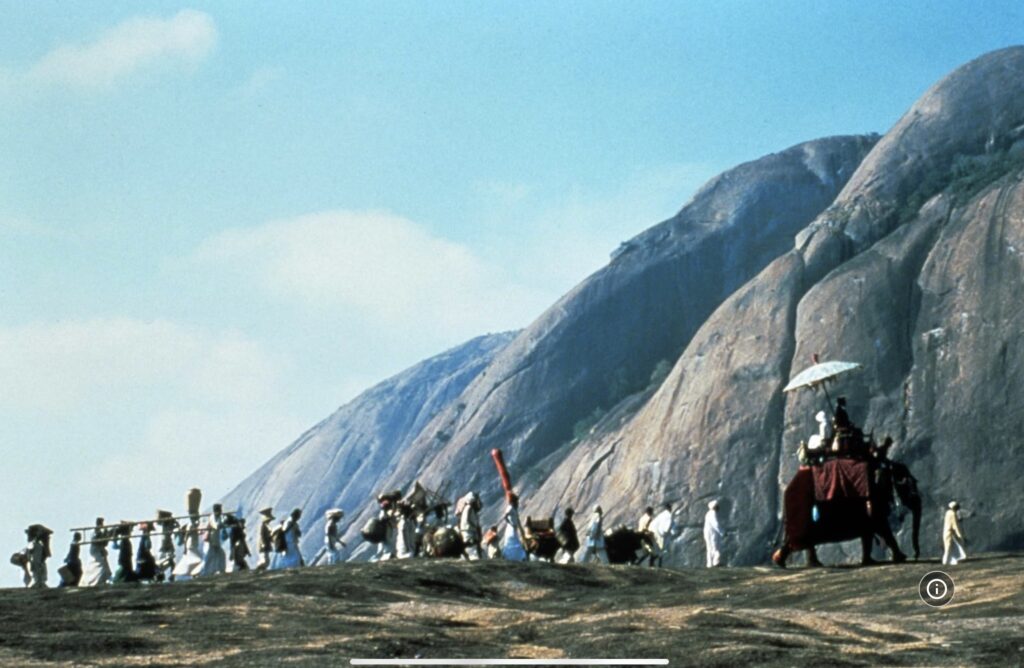
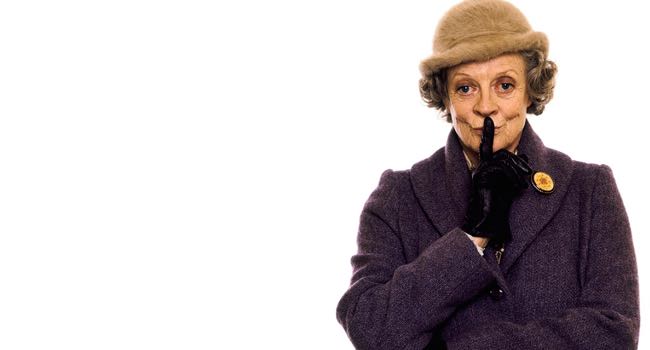
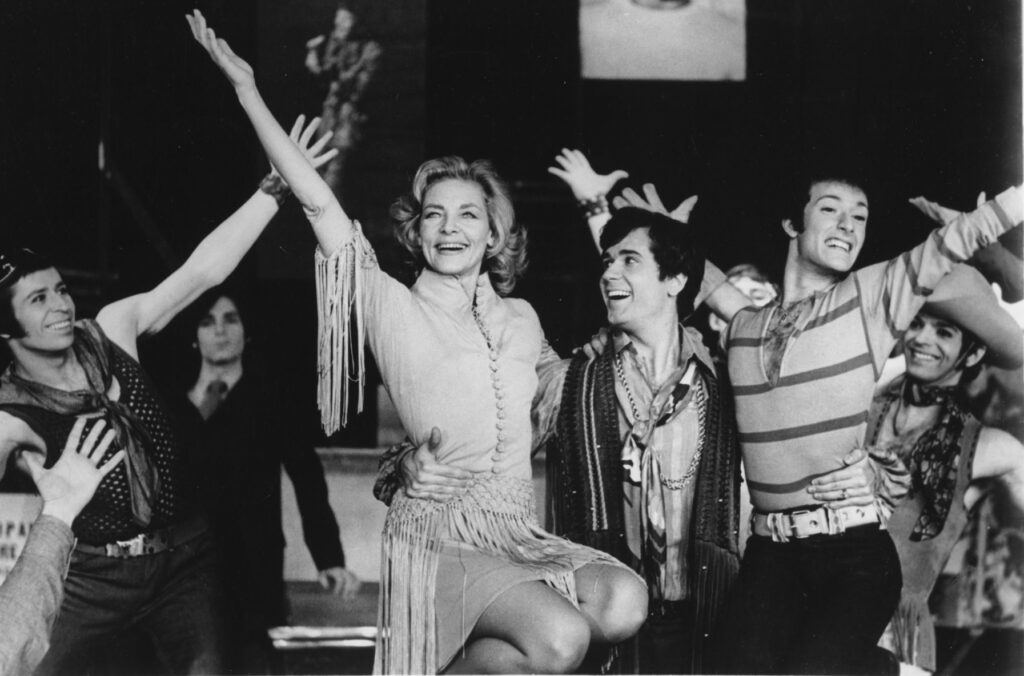
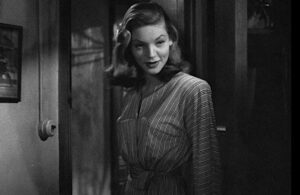
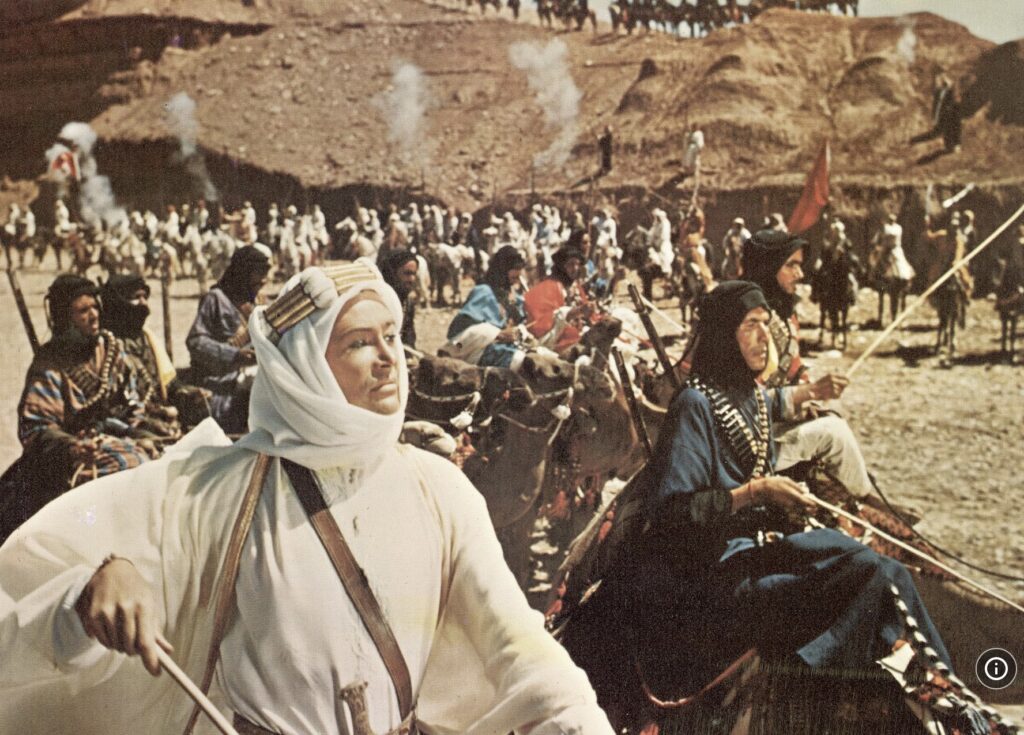
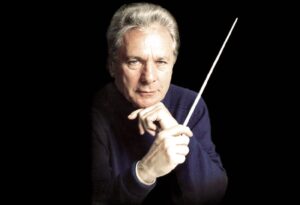
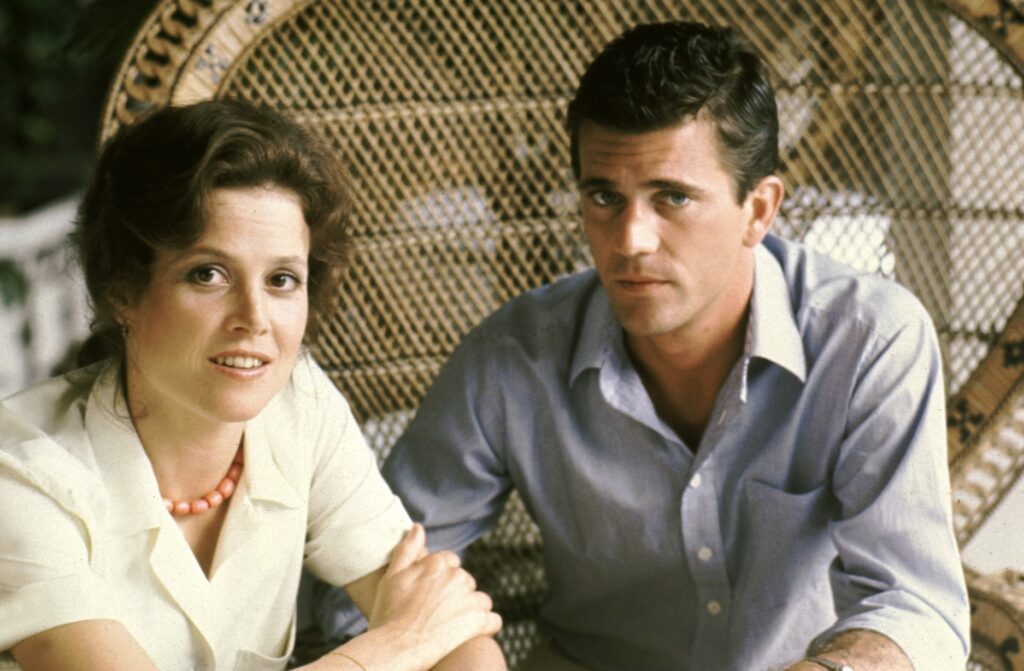
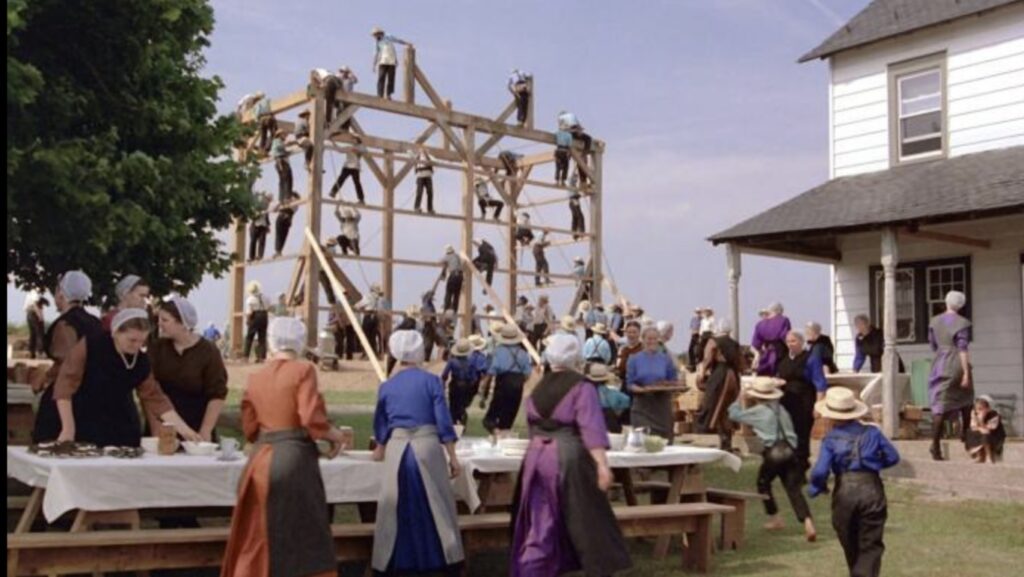
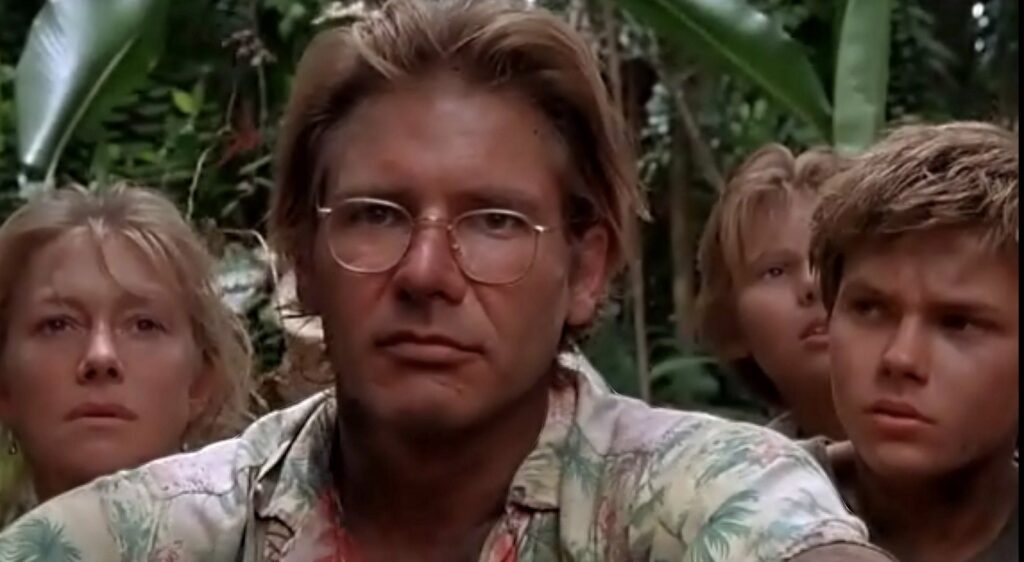
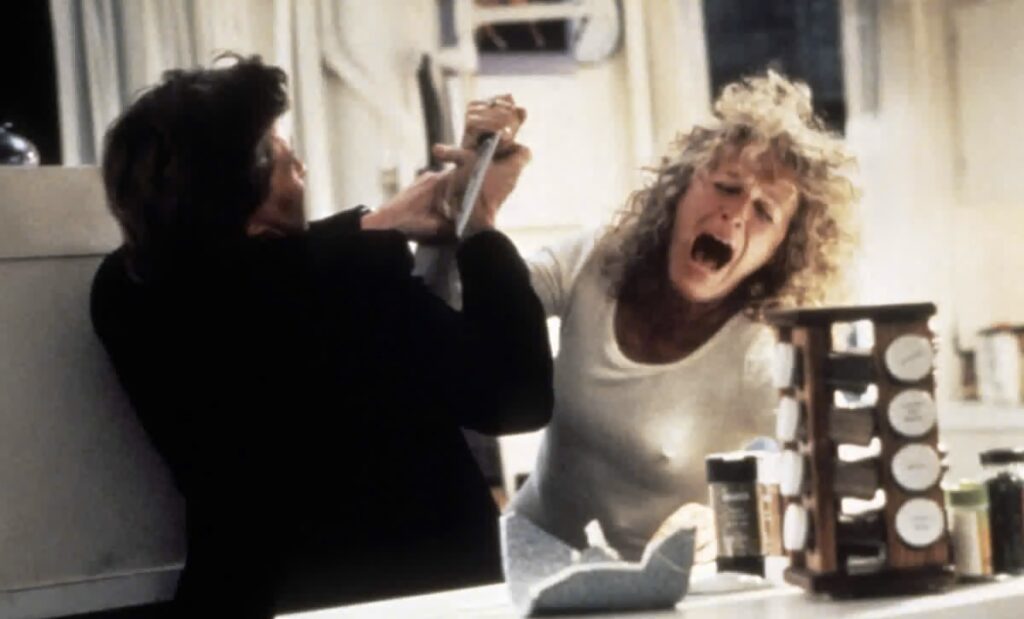
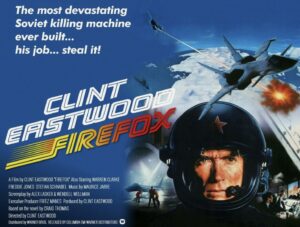
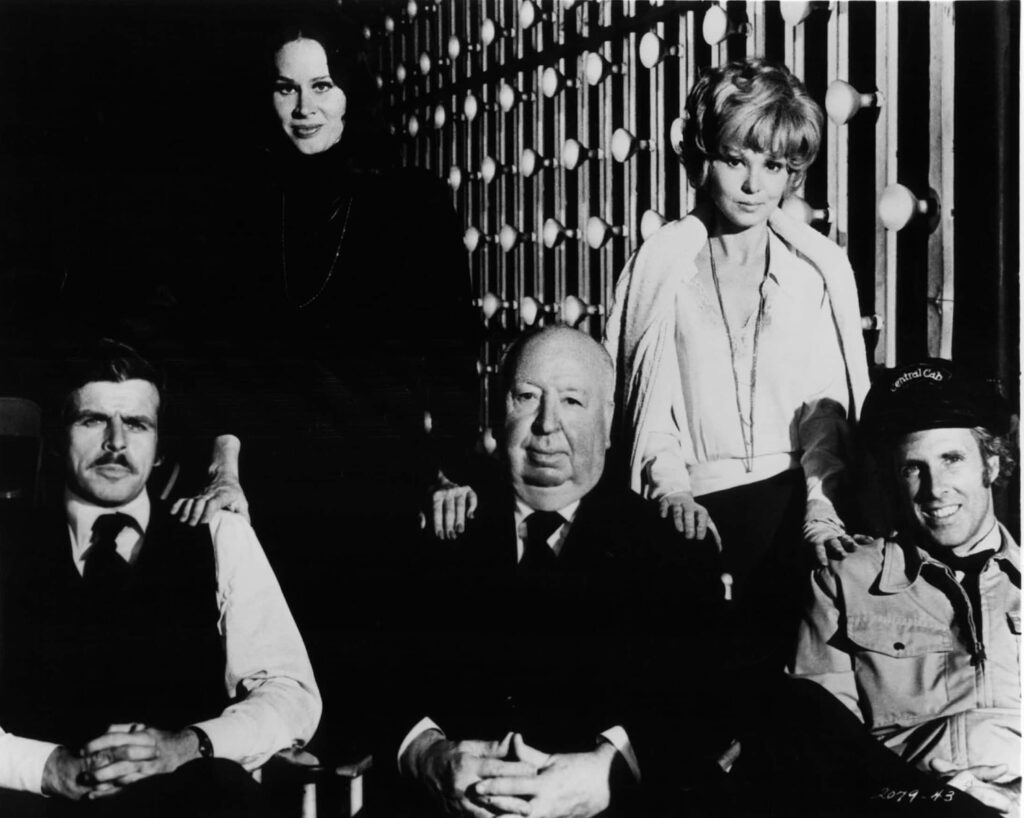
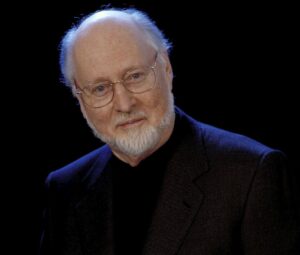
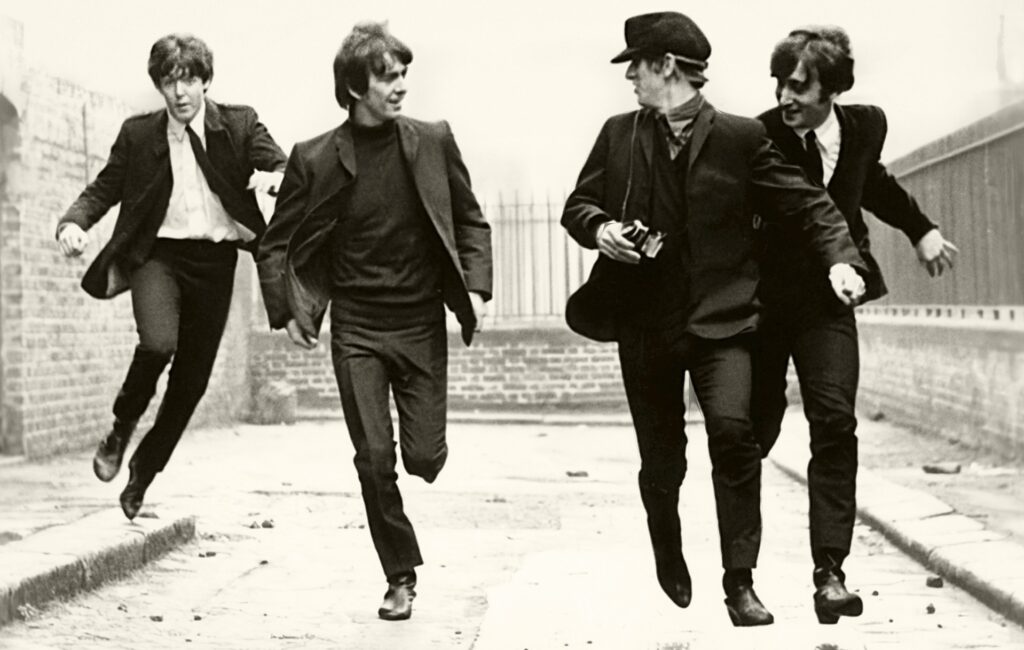
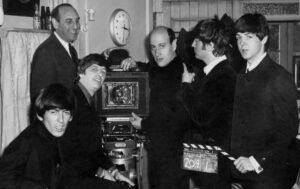
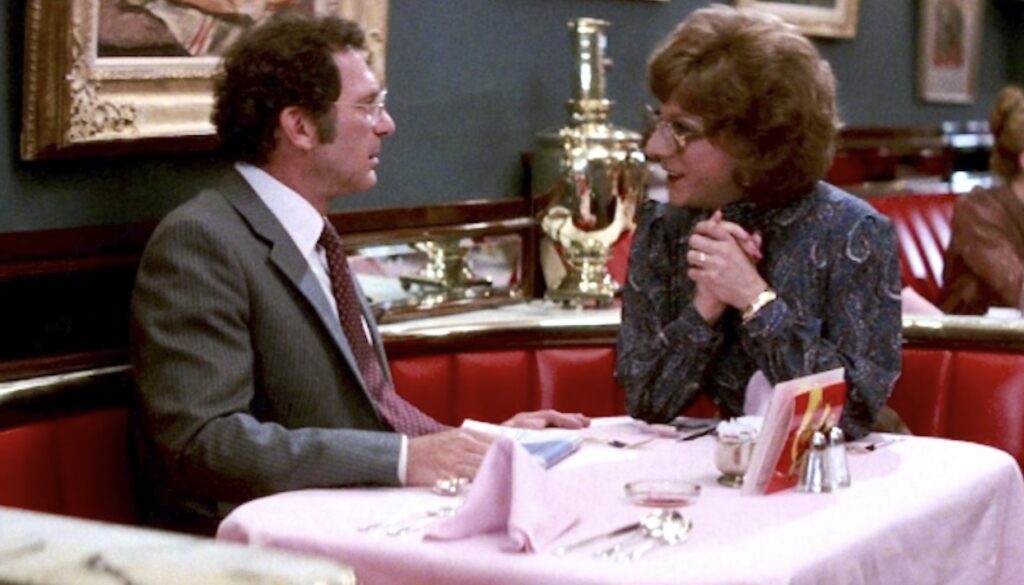

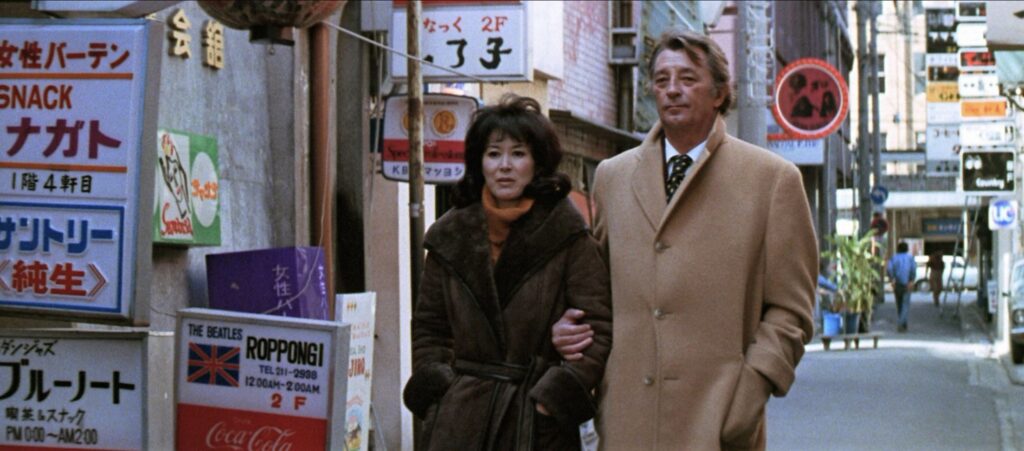
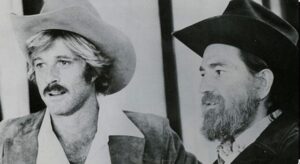
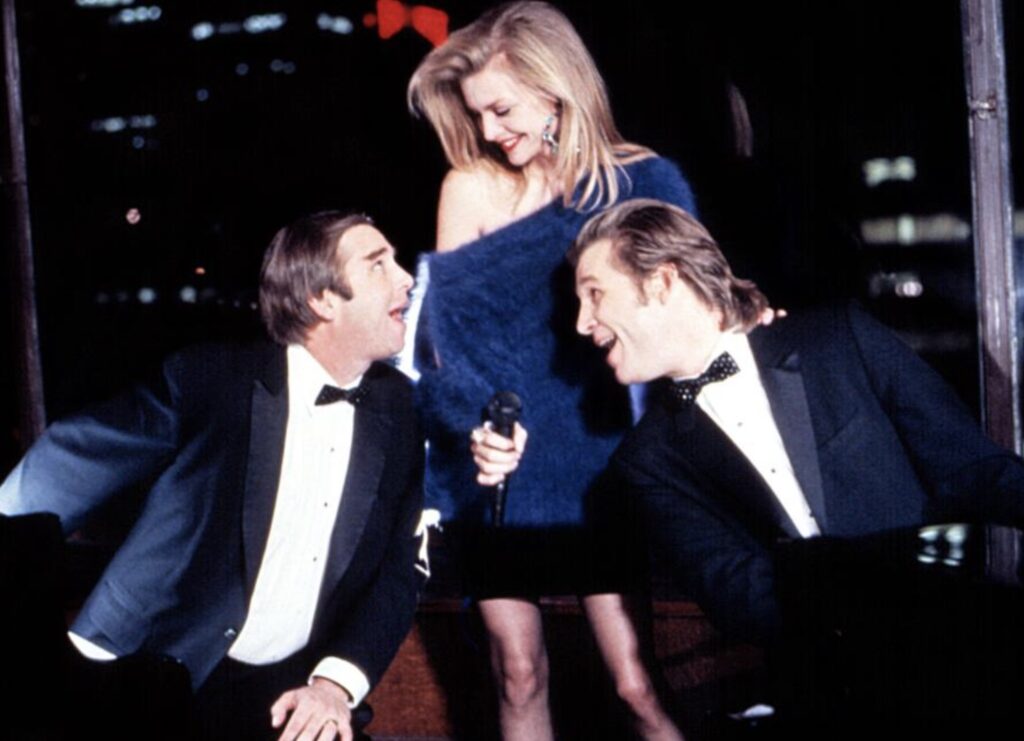
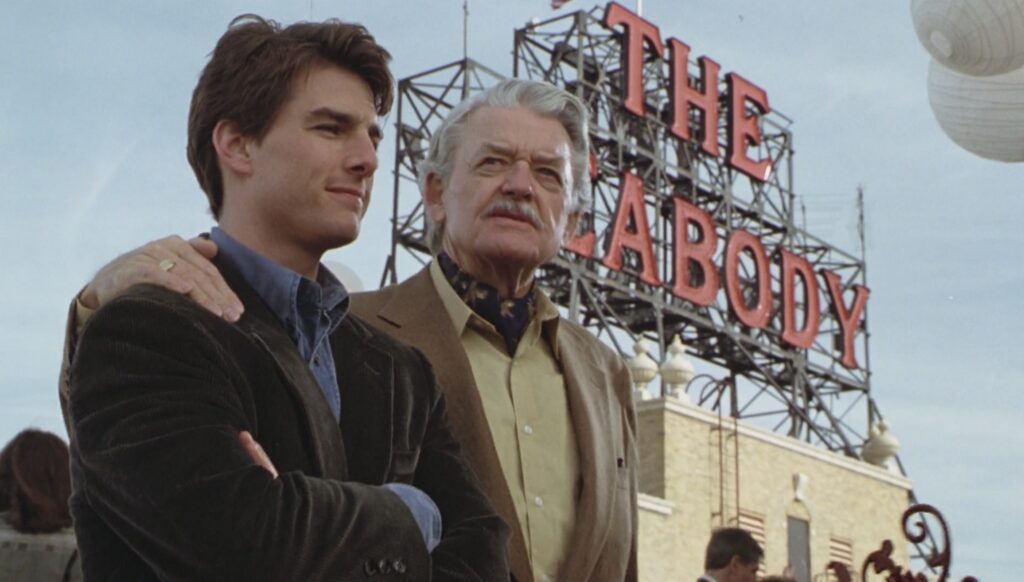
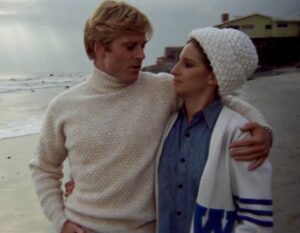
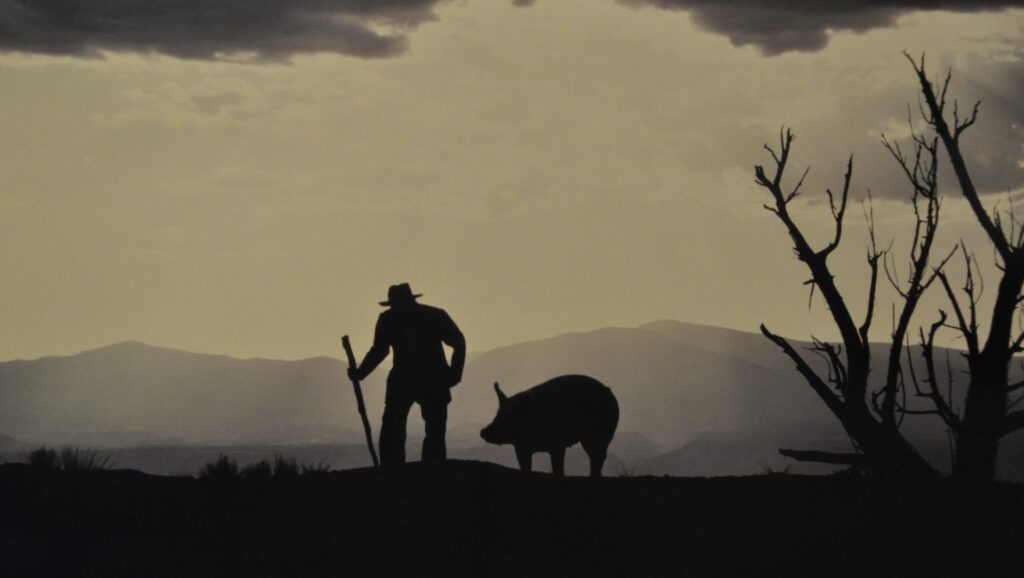
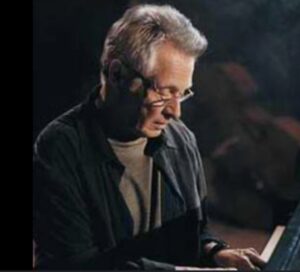
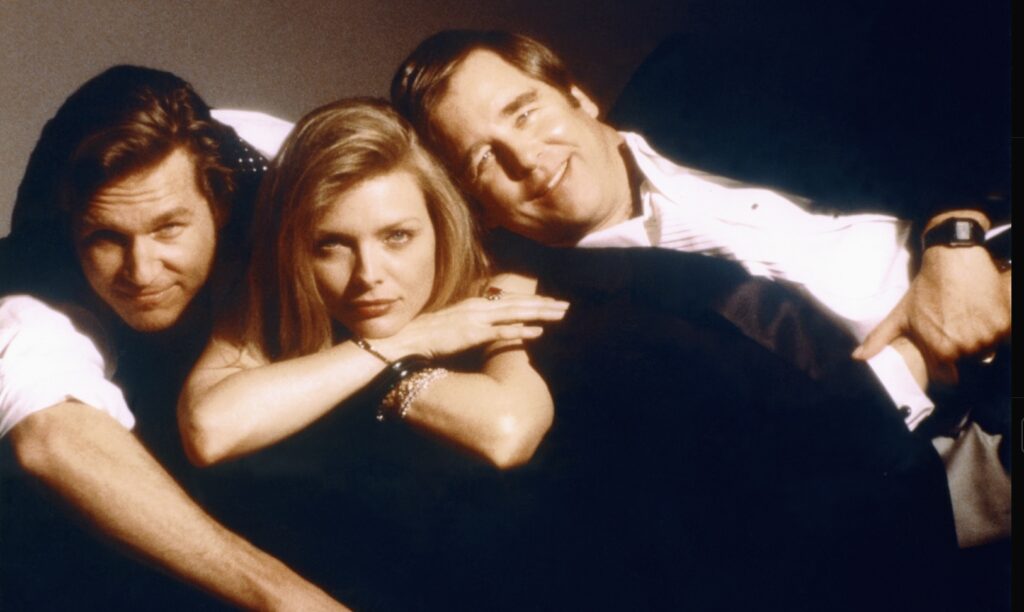
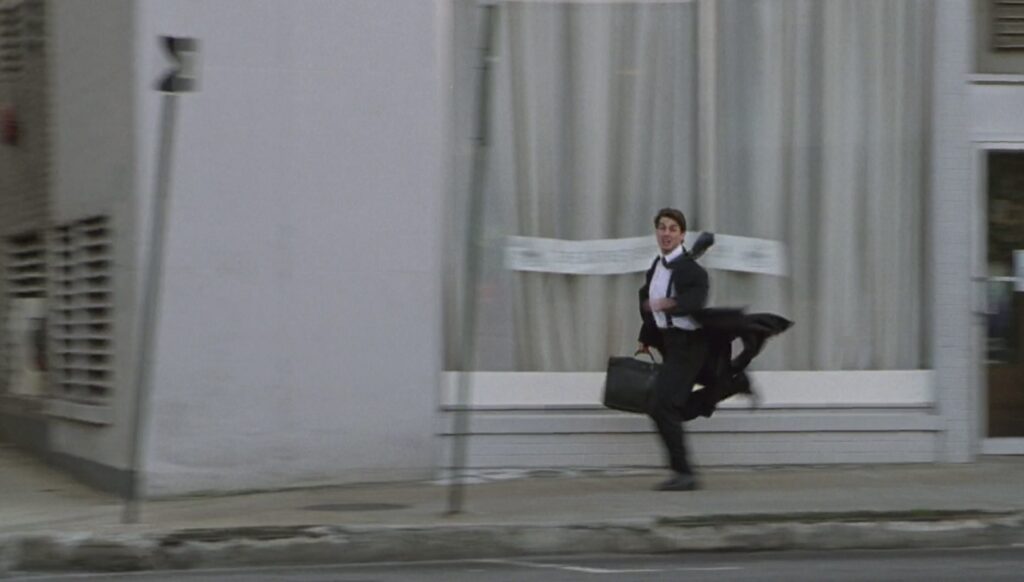


When I mixed up Frankie Avalon with another former teen idol
‘It wasn’t exactly Elvis in Las Vegas’. That was the lede in our story after my colleague Ron Base and I interviewed Frankie Avalon, who turns 84 today, when he performed in cabaret at a seedy nightclub in Windsor, Ontario, in 1970.
A teen idol opposite Annette Funicello in a series of ‘Beach Party’ movies in the early Sixties, Avalon’s headline days were behind him but his hit song ‘Venus’ left him with devoted fans. The Commodore Club (later to become a popular striptease venue named Jason’s) in downtown Windsor attracted clientele from across the river in Detroit and women of a certain age flocked to see their dreamboat. He didn’t disappoint them, giving a polished and entertaining show.
Club manager Mike Drakich, who also owned the city’s better appointed Top Hat Supper Club, knew Ron and me and was aware that our story would appear in the Toronto Telegram under the byline Victor Gordon (our middle names). We were treated to a fine meal and plenty of wine and vodka as we watched Frankie please his fans.
After the show, he joined us at our secluded table and appeared delighted still to be of interest to the press. We chatted away merrily until I asked him about a big western movie in which I said he had co-starred. You know, I said, set in mining country with John Wayne, Stewart Granger and Ernie Kovacs. Ron stared at me quizzically but Avalon was at a loss.
Suddenly, I realised that the booze had clouded my memory and I’d made an embarrassing mistake. The film I was thinking of was ‘North to Alaska’ with another young co-star, a rival in the teen-idol stakes.
Sheepishly, I confessed, ‘Ah, no, that was Fabian’.
Fortunately, Avalon just laughed.